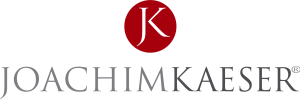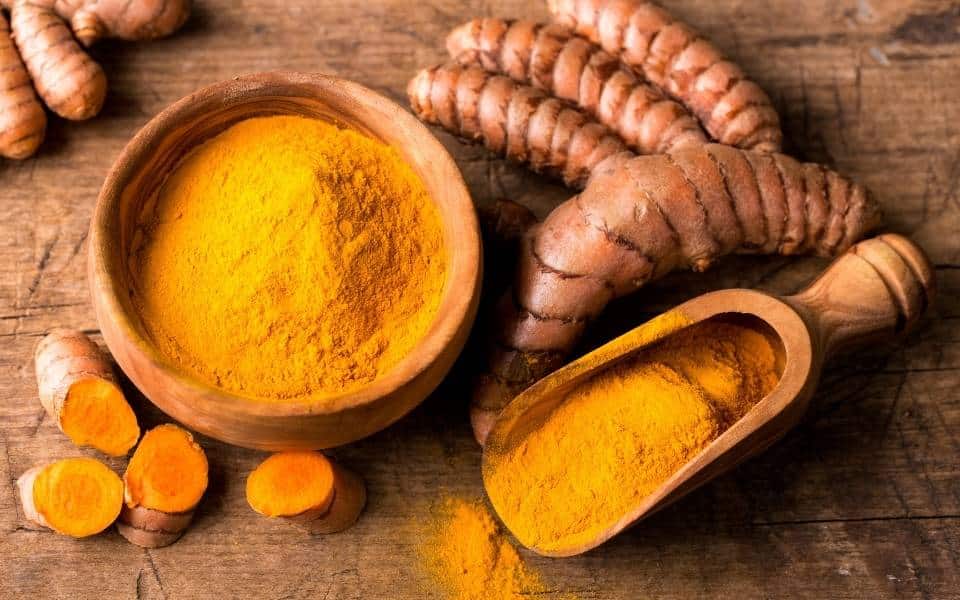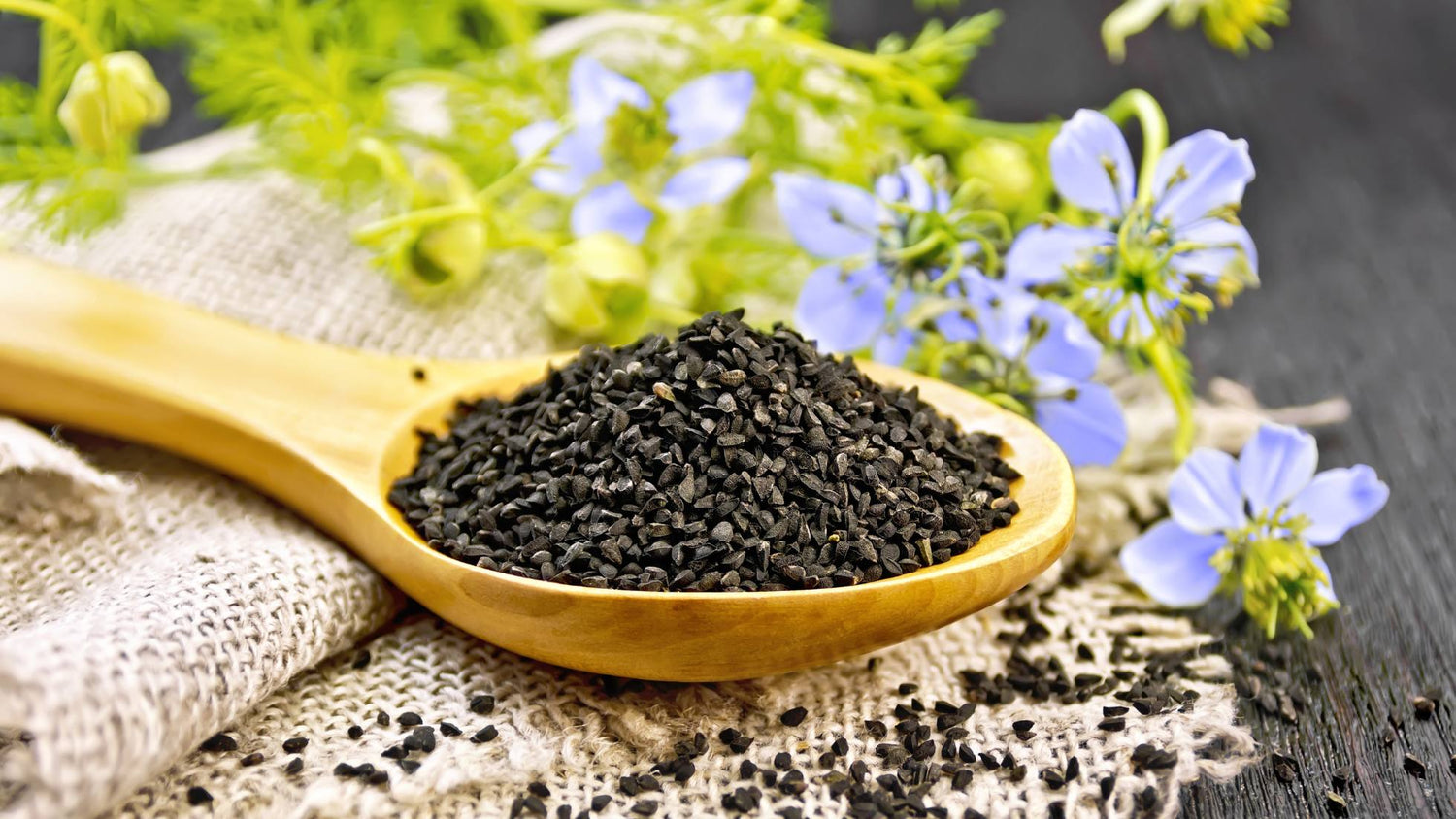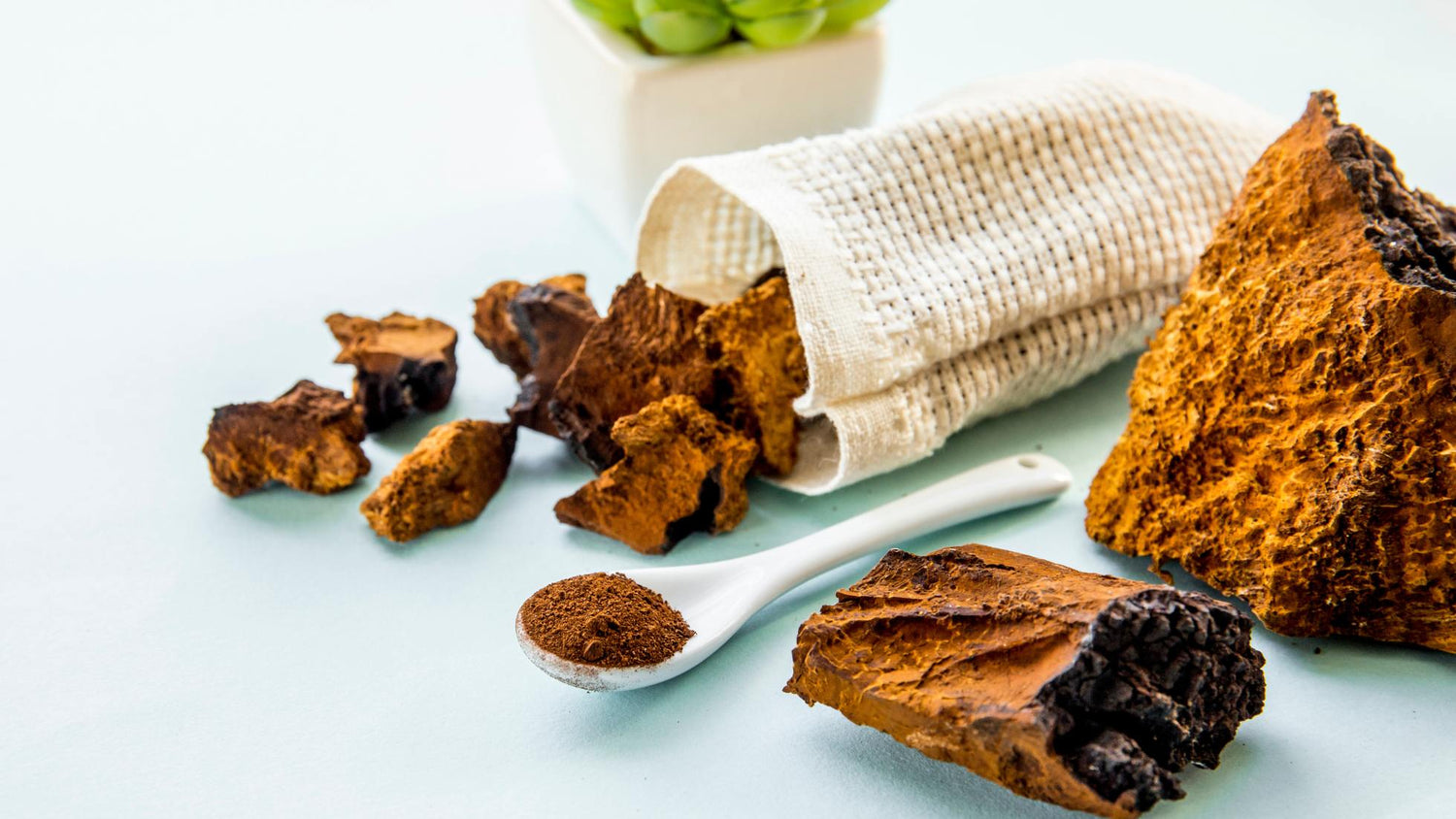The anti-cancer effect of curcumin
Curcumin is the active ingredient in the turmeric plant (bot. Curcuma longa), also known as turmeric, which is an intense yellow-orange spice with a musky taste. It is a South Asian ginger plant and is considered an important medicinal plant in the millennia-old Ayurvedic healing art. In the West, turmeric is said to stimulate bile flow and aid digestion.
In medicine, the antioxidant, anticarcinogenic and anti-inflammatory properties are interesting, as they are effective against various ailments such as intestinal, lung and liver diseases, inflammation, heart attacks, Alzheimer's and cancer. In addition to the essential oils, the bioactive secondary plant substance curcumin is considered the main active ingredient.
Curcumin has strong defenses against potentially carcinogenic free radicals, so it has an immune-stimulating effect. Studies have shown that the secondary plant substance has a positive effect on the cells of the human immune system by inhibiting the growth of so-called cytotoxic T lymphocytes. Current research shows an astonishing connection between curcumin and the proliferation of an antimicrobial protein in the human immune system.
Curcumin and Vitamin D
Both curcumin and vitamin D have immune system-boosting properties. Both substances together lead to increased production of the cAMP peptide and act against pathogens. With double the healing power, the antioxidant duo fights inflammatory processes. Inflammatory processes are considered to be the origins of various chronic diseases.
"This research shows a new way to regulate cAMP gene expression. Regular consumption of turmeric combined with vitamin D contributes to health and can especially prevent infections in the gastrointestinal tract," says Dr. Adrian Gombart.
Curcumin – natural remedy in cancer therapy
Curcumin is a spice powder with a characteristic color, but it also develops its healing powers when consumed regularly. Oncology suspects chemopreventive properties. This makes curcumin a natural remedy in cancer therapy. Laboratory tests with animals confirmed anti-cancer properties on the stomach, intestines, liver and skin. Even advanced metastasis formation could be proven to be reduced by curcumin!
Curcumin activates antimicrobial protein
Oregon State University has published the results of a curcumin study in the Journal of Nutritional Biochemistry. Curcumin can cause a measurable increase in the protein cathelicidin in the human organism. Cathelicidin is an antimicrobial peptide (cAMP) and is an organic compound made up of several amino acids. It defends itself against bacteria in the immune system and can thus prevent infections and chronic diseases. Studies of omega-3 fatty acids also showed that the cAMP-activating effect of curcumin is three times stronger than that of omega-3 fatty acids. When vitamin D comes into play, the cAMP content in the human organism increases further.
Future research will focus on how exactly curcumin and vitamin D activate the gene expression (the production of the protein based on the DNA code) of the cAMP peptide. This could in future be used to demonstrate exactly how they can be used against a variety of bacteria that are responsible for bacterial infectious diseases such as tuberculosis.
For the best possible protection against bacteria, it is recommended to take 500 mg of curcumin and 2000 to 5000 IU of vitamin D daily.





